50 Greatest Cinematographers
A director’s best friend
Daniel Fapp
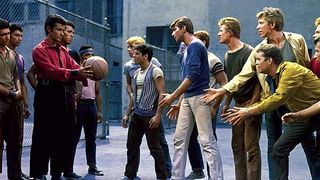
The Cinematographer: With 81 credits to his name (one of his most famous was The Great Escape ), Fapp covered a variety of genres as both a cinematographer and camera operator.
Greatest Achievement: West Side Story , which found romance in the gritty urban setting and earned Fapp his only Oscar.
Oswald Morris
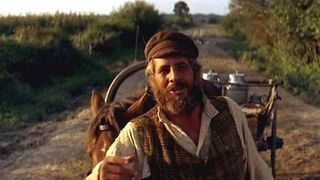
The Cinematographer: Morris made his name by pushing the development of colour film in the 1950s, most notably on Josh Huston’s sizzling and saturated Moulin Rouge.
He’d work with Huston eight times in total.
Greatest Achievement: Fiddler On The Roof garnered Morris the most acclaim (factoid: certain scenes were shot through linen to get an olde worlde look), though 1968’s Oliver! shouldn’t be overlooked for its pleasingly grungy aesthetic.
Armand Thirard
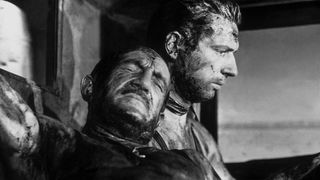
The Cinematographer: A French filmmaker with a massive 127 films to his name, Thirard entered the business in the late 1920s.
Over a 40 year career, he worked alongside the esteemed likes of Duvivier, Clouzot, and Vadim.
Greatest Achievement: The Wages Of Fear is noteworthy for the way that the sweaty visuals are used to ramp up the tension.
Eduard Tisse
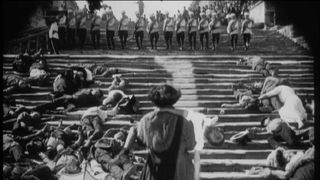
The Cinematographer: Tisse’s background as a painter and still life photographer served him well when he moved into filmmaking – he’d go on to create some indelible cinematic images with Sergei Eisenstein between 1924 and 1946.
Greatest Achievement: Battleship Potemkin , perhaps most celebrated for its use of montage – but those images wouldn’t be half as effective without Tisse’s lensing.
Tak Fujimoto
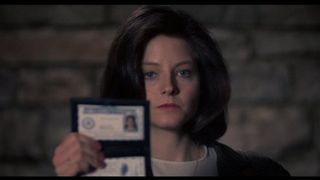
The Cinematographer: Though he worked as a camera operator on Star Wars: Episode IV – A new Hope in 1977, Fujimoto got his first taste of cinematography in 1973 with Terrence Malick’s Badlands .
Since then he’s worked with some of America’s finest directors, among them John Hughes, M. Night Shyamalan and Jonathan Demme.
Greatest Achievement: He’s never been nominated for an Oscar, but he should have been for The Silence Of The Lambs.
John Alton
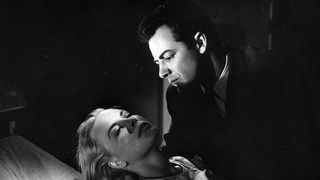
The Cinematographer: Alton was responsible for shooting many of the classic film noirs of ‘30s and ‘40s, and was a fan of using unconventional camera angles (see He Walked By Night and The Big Combo , above).
He also wrote a book, Painting With Light , which detailed his unconventional approach to shooting films.
Greatest Achievement: An American In Paris , which won him his only Oscar.
Thomas Mauch
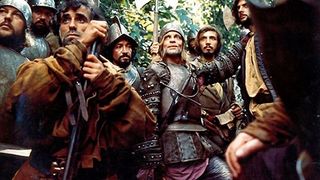
The Cinematographer: A German filmmaker who has worked with Werner Herzog on numerous occasions, Mauch’s extensive filmography comprises of 98 films as director of photography.
Greatest Achievement: 1972’s Aguirre, The Wrath Of God.
Despite what was, according to all involved, one of the worst movie shoots ever, Mauch succeeded in creating one of the most visually stunning films ever.
Sign up to the GamesRadar+ Newsletter
Weekly digests, tales from the communities you love, and more
Michael Chapman
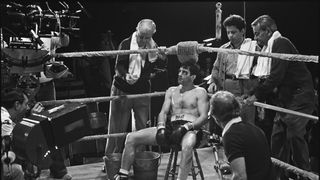
The Cinematographer: Chapman cut his teeth as a camera operator on films like Jaws before graduating to cinematographer just in time to work with Martin Scorsese on his phenomenal Taxi Driver.
His work is typified by punchy colouring and contrasts, and he was celebrated for his improvisational skills on set.
Greatest Achievement: There’s no doubt that Taxi Driver looked amazing, but it was Raging Bull – with the improvised rigs that strapped cameras onto actors – that showed Chapman’s real flare for ingenuity.
Gianni di Venanzo
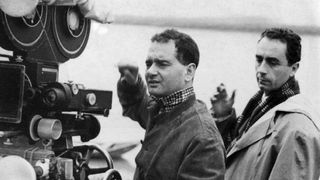
The Cinematographer: Prolific throughout the ‘50s and ‘60s, Venanzo worked with some of the greats of Italian cinema before he died of viral hepatitis aged just 45.
Greatest Achievement: Federico Fellini’s slick, black-and-white 8½.
Not only does it sound fantastic (Nina Rito croons on the soundtrack), thanks to Venanzo it looks fantastic, too.
Slawomir Idziak
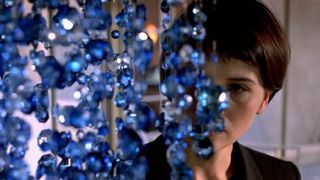
The Cinematographer: Idziak’s early career is characterised by intimate European films, most notably those of director Krzysztof Kielowski.
In more recent years, though, Idziak has worked on mainstream films like Black Hawk Down , Harry Potter And The Order Of The Phoenix and Gattaca .
Greatest Achievement: Three Colours: Blue , a sensory masterpiece that challenges as much as it engages.
Josh Winning has worn a lot of hats over the years. Contributing Editor at Total Film, writer for SFX, and senior film writer at the Radio Times. Josh has also penned a novel about mysteries and monsters, is the co-host of a movie podcast, and has a library of pretty phenomenal stories from visiting some of the biggest TV and film sets in the world. He would also like you to know that he "lives for cat videos..." Don't we all, Josh. Don't we all.
Most Popular



